Taking Pride in the Parade
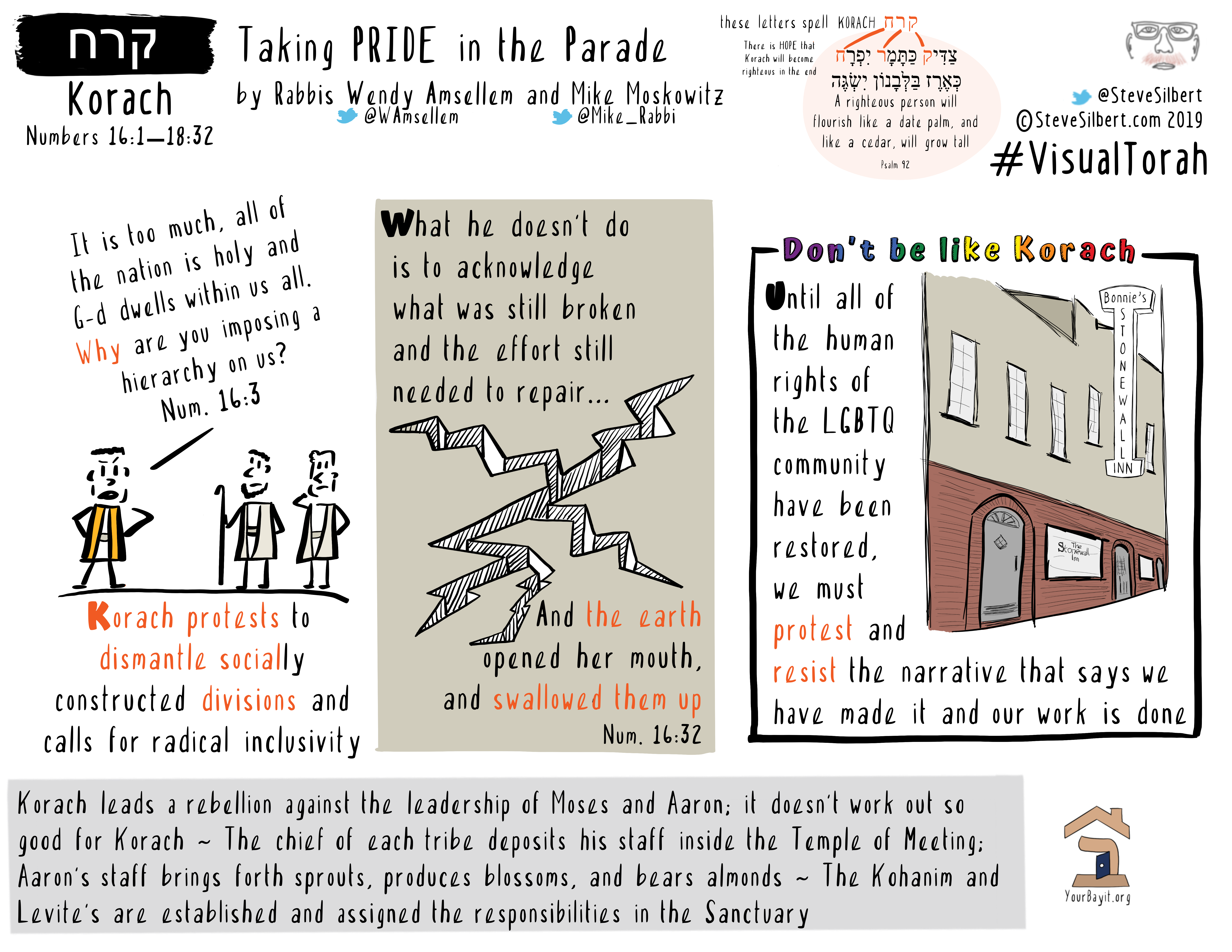
Part of a yearlong Torah series on spiritual building and builders in Jewish life.
Today is the Pride March marking 50 years from Stonewall and the beginning of the modern chapter of the LGBTQ liberation movement. So much has been achieved and still so much is left to do.
As rabbis and allies we want to build and tend spaces that provide complete inclusion and equality. The daily reminders of the brokenness of this world help guide the work we do. The fight for LGBTQ rights is only necessary because society is defective. If there was no homophobia we wouldn’t need straight allies. We only need a trans day of remembrance because many have forgotten that trans folks are G-d’s folks. Our activism is necessitated by our communal failures.
Protests to dismantle socially constructed divisions and calls for radical inclusivity are nothing new. Korach and 250 of his followers bring these demands to Moshe in a dramatic confrontation.
Korach and his entourage say to Moshe and Aharon (Numbers 16:3) “It is too much, all of the nation is holy and God dwells within us all – why are you imposing a hierarchy on us?” At first glance, Korach’s argument seems to be a model of inclusion. All of us are spiritually elevated and divinely inspired. Indeed, Korach is echoing a promise that God held out to Israel at Sinai (Exodus 19:6), “And you will be a kingdom of priests and a holy nation.” Given Korach’s supernal desires, why do he and his followers end up swallowed by a hole in the ground? The rabbinic tradition places Korach in a unique position: apparently punishing him for being ahead of his time. In Psalm 92, the song of Shabbos, we say צַ֭דִּיק כַּתָּמָ֣ר יִפְרָ֑ח כְּאֶ֖רֶז בַּלְּבָנ֣וֹן יִשְׂגֶּֽה A righteous person will flourish like a date palm, and like a cedar, will grow tall. The last letters of the first three words of the verse in Hebrew spell Korach’s name and there is a tradition that this foretells that Korach will flourish eventually as a righteous person.
The mystics (Zohar and Ari z”l) understand Korach to have been motivated by the yearning to get back to the place before the brokenness, by asserting that we had already fixed it. However, if we do not acknowledge what is broken, we will not be able to properly rebuild. G-d’s justice is necessary and restorative because divine punishments are consequences of our inappropriate actions and position us to repent and return to that ideal place. Korach’s aspirations are holy, it’s his lack of awareness of the effort still needed to replace what was removed that is offensive to G-d’s experience with humanity.
While Korach may have wanted to get back to the moment that God offered to make Israel an entirely holy nation of priests, he is in fact ignoring many of the events of the previous year. Since Israel encountered God at Sinai, they sinned by building and worshipping a Golden Calf and were almost destroyed. The first born sons no longer have a cultic role; they have been replaced by the Levites. Aharon’s two sons died because they brought an unauthorized fire in the Tabernacle. And, most recently in last week’s parsha, the nation has sinned by believing the slanderous report of the spies. As a result, God has condemned Israel to wander in the wilderness for the next forty years. Korach and his followers aspire to return to the spiritual state that Israel was in at Sinai. A year later though, the people are different. Pretending that nothing has shifted does not help them get closer to where they were.
As we celebrate the monumental strides that our country has made in removing LGBTQ discrimination, we must take care not to be like Korach and assert precipitously that all has been fixed. Walking around a city adorned with rainbow flags and stores capitalizing on Pride merchandise is a beautiful and healing experience. But it also can make it harder to remember that in this country, the average life expectancy of a trans woman of color is only 35 years. Until all of the human rights of the LGBTQ community have been restored, we must protest and resist the narrative that says we have made it and our work is done. We are indeed all holy and it is our task to see that divine holiness respected in us all.
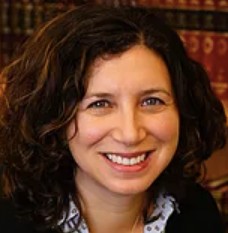
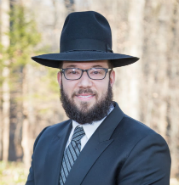

By Rabbis Wendy Amsellem and Mike Moskowitz. Sketchnote by Steve Silbert.

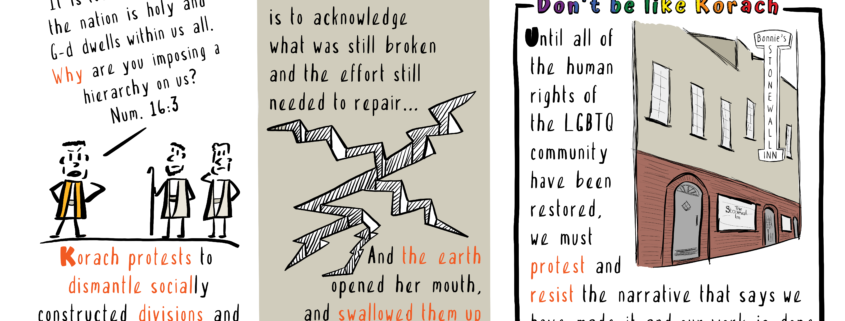


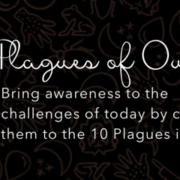

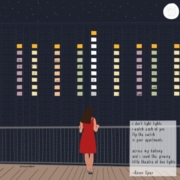



Trackbacks & Pingbacks
[…] Here’s Torah commentary at Builders Blog (a project of Bayit: Building Jewish), this week written by Rabbi Mike Moskowitz and Rabbi Wendy Amsellem and sketchnoted as always by Steve Silbert: Taking Pride in the Parade. […]
Comments are closed.